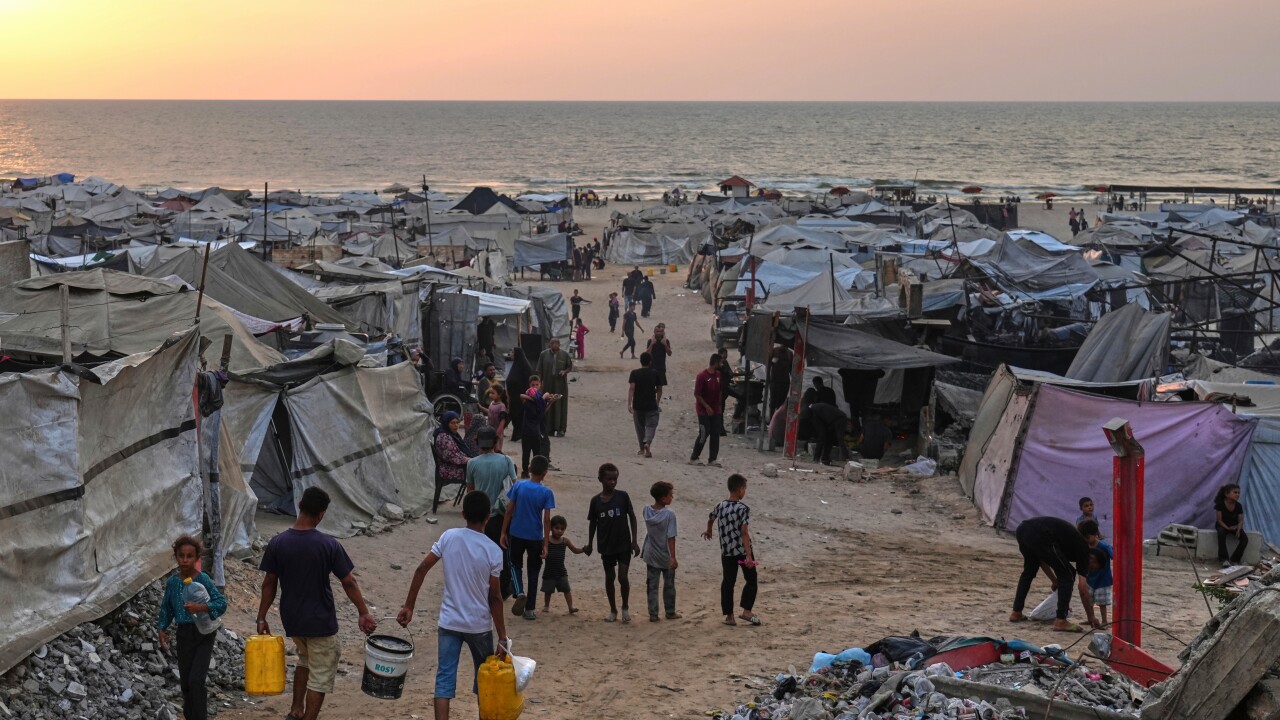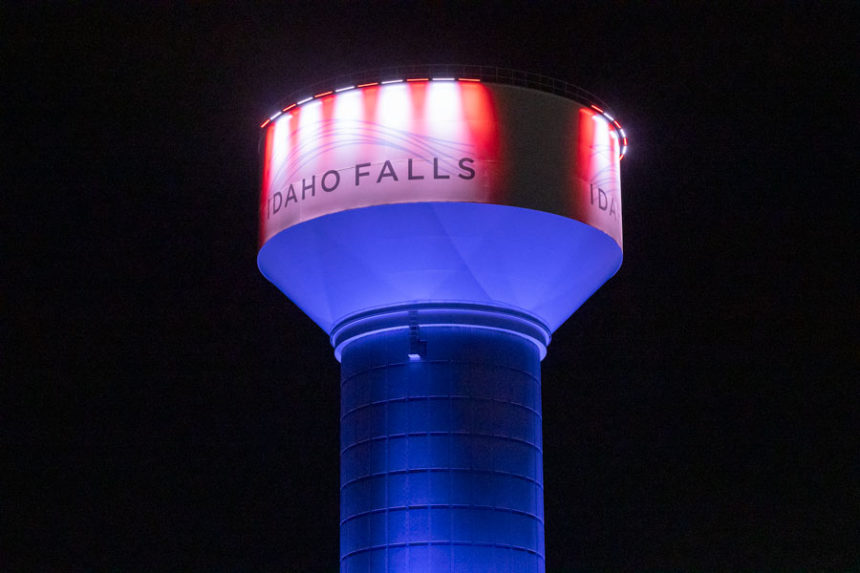Israel is in talks to possibly resettle Palestinians from Gaza in South Sudan

As part of a larger initiative to encourage mass emigration from the region left in ruins by its 22-month offensive against Hamas, Israel is in talks with South Sudan regarding the potential of resettling Palestinians from the Gaza Strip to the war-torn East African nation.
The conversations were confirmed to The Associated Press by six persons with knowledge of the situation. The plans, if carried out, would equate to moving people from one famine-prone, war-torn region to another, raising human rights issues. It is unknown how far along the negotiations are.
Benjamin Netanyahu, the prime minister of Israel, claims he intends to carry out US President Donald Trump’s plan to relocate a large portion of Gaza’s people through what he calls voluntary migration. Similar relocation plans have been proposed by Israel to various African countries.
Netanyahu stated in an interview with the Israeli TV station i24 on Tuesday that he believes the proper course of action, even in accordance with the laws of war as I understand them, is to let the people evacuate before launching a full-scale offensive against the enemy that is still present. There was no mention of South Sudan.
The plans have been criticized by Palestinians, rights organizations, and a large portion of the international community as a model for violent deportation that violates international law.
A pact like this might help South Sudan strengthen its relationship with Israel, the region’s military might, which is currently uncontested. Additionally, it could be a chance to gain favor with Trump, who in February raised the possibility of resettling Gaza’s people but seems to have backed off in recent months.
Questions concerning the discussions were not answered by the foreign minister of South Sudan or the foreign ministry of Israel. Private diplomatic discussions are not subject to remark, according to a U.S. State Department official.
Egypt is against plans to relocate Palestinians from Gaza.
South Sudanese authorities informed Joe Szlavik, the founder of a U.S. lobbying group that works with South Sudan, on the negotiations. According to him, an Israeli group is scheduled to travel to the nation to investigate the possibilities of establishing Palestinian camps there. The visit has not yet been scheduled. A request for confirmation of the visit was not immediately answered by Israel.
Israel would probably cover the cost of temporary camps, Szlavik said.
The leader of a civil society organization in South Sudan, Edmund Yakani, said he had discussed the discussions with South Sudanese officials as well. Since they were not permitted to discuss the negotiations publicly, four other officials who were aware of the discussions acknowledged that they were occurring under the condition of anonymity.
Two of the officials, both from Egypt, told AP that they had been aware of Israel’s contacts with South Sudan and other initiatives to identify a country that will take in Palestinians for months. According to them, they have been urging South Sudan to refrain from accepting the Palestinians.
Fearing a refugee inflow into its own territory, Egypt is adamantly against efforts to relocate Palestinians from Gaza, with which it shares a border.
Similar negotiations between Israel and the United States and Sudan, two nations also facing conflict and starvation, as well as Somaliland, a breakaway portion of Somalia, were previously covered by the AP. It is unknown how those negotiations are progressing.
Lacking funds Any ally is needed by South Sudan.
The U.S. is aware of the talks with Israel but is not directly involved, according to Szlavik, who was hired by South Sudan to strengthen ties with the United States.
According to Szlavik, South Sudan wants the Trump administration to withdraw sanctions against certain South Sudanese elites and lift a travel ban on the nation. In a possible attempt to win favor, it has already admitted eight people who were affected by the administration’s wholesale deportations.
Several nations have come under pressure from the Trump administration to assist with deportations.
Lacking funds Journalist Peter Martell, who wrote a book about South Sudan called First Raise a Flag, stated that the country needs any ally, financial gain, and diplomatic security it can acquire.
The book claims that before South Sudan gained independence in 2011, the country’s citizens fought a decades-long civil war against the Arab-dominated government in Khartoum, with assistance from Israel’s Mossad intelligence organization.
When asked if there was a quid pro quo with South Sudan, the State Department said that maintaining the highest standards for public safety, U.S. national security, and the implementation of our immigration laws are given top priority when making decisions about visa issuance.
From one area of violence where people are starving to another
In order to avoid the conflict and a near-famine-level hunger crisis, many Palestinians may wish to flee Gaza, if only temporarily. However, they have vehemently opposed any long-term relocation from what they consider to be an essential component of their homeland.
Fearing that Israel will never permit them to return, they believe that a mass exodus would enable Israel to conquer Gaza and reestablish Jewish communities there, as demanded by far-right Israeli cabinet officials.
Even Palestinians who wish to escape, however, are unlikely to risk their lives in one of the most insecure and conflict-ridden nations on earth—South Sudan.
Since gaining independence, South Sudan has been unable to recover from a civil conflict that claimed around 400,000 lives and caused hunger in some areas of the nation. The corruption-plagued oil-rich nation depends on foreign aid to feed its 11 million inhabitants, a problem that has only gotten worse since the Trump administration drastically reduced foreign funding.
After the primary opposition leader was put under house arrest this year, the possibility of violence reappeared, and the peace agreement signed seven years ago has remained shaky and unfinished.
In particular, Palestinians could not be welcome. The primarily Christian and animist south faced off against the predominantly Arab and Muslim north in the protracted struggle for independence from Sudan.
According to Yakani of the civil society organization, if South Sudanese don’t know who is coming and how long they intend to stay, there may be conflict because of the country’s past problems with Arabs and Muslims.
He said that South Sudan shouldn’t turn into a place where people dump their trash. Additionally, using people as bargaining chips to strengthen ties should not be tolerated.











